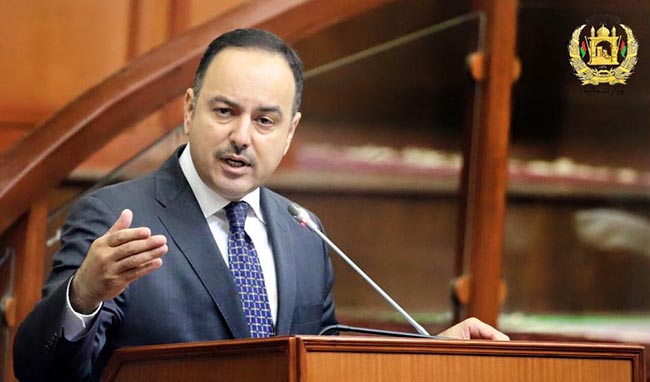A government budget is an important government document presenting the government’s proposed revenues and spending for a financial year that is often passed by the legislative, approved by president and presented by the finance minister to the nation. The budget is also known as the Annual Financial Statement of the country. This document estimates the anticipated government revenues and government expenditures for the ensuing (current) financial year. For example, only certain types of revenue may be imposed and collected. Property tax is frequently the basis for municipal and county revenues, while sales tax and/or income tax are the basis for state revenues, and income tax and corporate tax are the basis for national revenues.
This document is as important as key to rescue a nation from all types of crisis due to many reasons: it enables the government to plan prioritize and manage its financial resources to support the implementation of various programs and projects that best promote the development of the country. Through the budget, the government can put into action its plans, programs and policies within the constraints of its financial capability as dictated by economic conditions. Moreover, it is a strong tool to reduce poverty, provide employment opportunities and social security but unfortunately, the Afghan centralized planning, budgeting and decision making processes with dramatic government budget consultation and traditional mechanism has not only increased poverty, insecurity, and unemployment, but also negatively affected inflation rate, brain drain and investment which worsen the economy and development of the country.
On the whole, there are many issues with in national budget of Afghanistan but the most common question which is raised is being unbalanced. For example, in past years, there was less than 2% of national budget allocated for central parts of the country while they form about 20% of Afghan population. That’s why, the current document which was drafted for 2017 vastly criticized by many civilians including members of upper house and lower house. Though, the budget has approved by upper house of the parliament with certain recommendations to ensure balance in development throughout the country but It was unanimously rejected by the MPs in the Lower House, due to being unbalanced in its allocation to development in provinces, lack of details on domestic revenues, lack of revenue producing projects, inclusion of implemented projects and lack of attention to education and women. Some MPs believe that it was unprofessional and there unfair regarding the allocation of funds for projects in certain provinces and other MPs argued that there are many issues within the draft budget which need to be tackled by government including the inclusion of money for some suspected ghost projects and being unbalanced.
Furthermore, there is no public awareness about national budget and people have no role in the budget allocation, execution and oversight processes, especially during budget consultation process in order to ensure budget transparency, accountability and participation. More importantly, media and civil society groups should understand that national budget is the real means to development of a nation. They must advocate the government to establish and implement international-standard mechanisms through which the government allocate fair budget ensure the best practices and development of the country. This will also open floor for the citizens to advocate for their own and citizens’ priorities to influence people and country development. The government is making very little budget information public on timely basis with lack of clarity in the revenue generation, budget allocation and execution. This is because the government does not implement international good practices to establish fair policies and mechanisms and specify roles and responsibilities of stakeholders while budget formulation and execution where transparency budget, accountability and participation are respected.
Beside political issues, the poor budge management, low budget execution rate and poor control over inflation rate are the authentic factors to worsening the economic and security condition in Afghanistan. After a decade and half of Western aid projects it was expected to make the Afghan economy self-sufficient but government revenue continues to fall short and the government is still almost entirely dependent on foreign donors to shore up its budget. Taxes and customs tariffs are the only significant sources of revenue, but those collection processes are riddled with problems and corruptions. If these challenges remain unsolved, poverty, insecurity, unemployment, brain drain, violation of citizens’ participation rights, corruption, inflation and many other issues that worsen the country economy and development will remain stable.
Home » Opinion » Budget: The Real Key to Rescue from Crisis
Budget: The Real Key to Rescue from Crisis
| Mohammad Zahir Akbari

